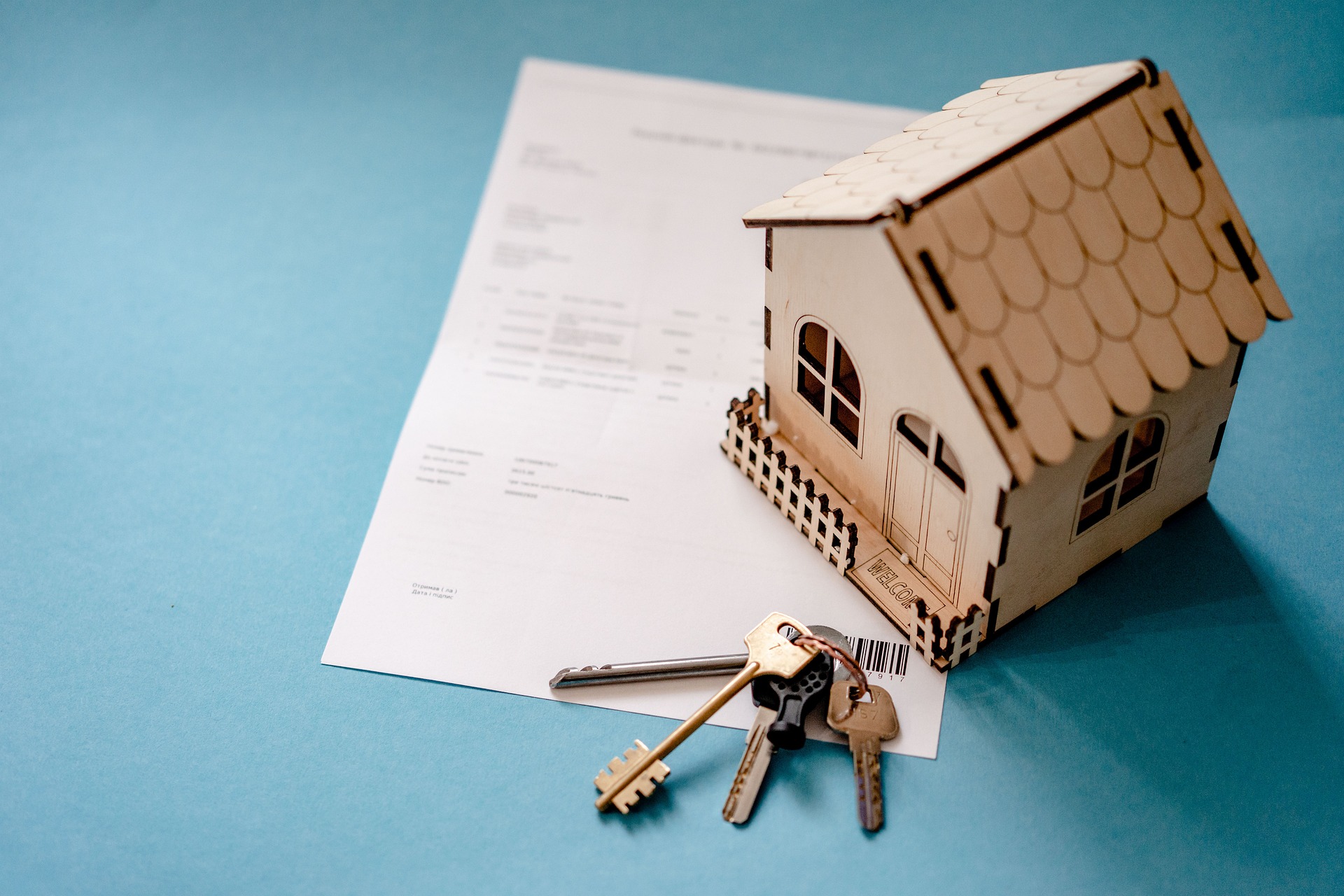We often buy things to improve our lifestyle—better furniture, a nice TV, or maybe a backyard grill. But when it comes to protecting all those things, many of us hesitate. Why? Because insurance often feels like paying for something you’ll (hopefully) never need.
But what if we looked at home insurance differently—not as a just-in-case expense, but as a way of honoring your future self?
This blog is not going to bore you with technical jargon or throw scary statistics at you. Instead, let’s look at home insurance through a completely fresh lens—as a form of care, preparation, and even peace-building.
🔍 What Is Home Insurance, Really?
At its core, home insurance is a policy that protects you financially if your home or belongings are damaged or stolen. It typically covers:
- The structure of your home
- Your personal belongings inside
- Liability (in case someone gets hurt on your property)
- Additional living expenses (if you can’t live in your home temporarily)
But that’s just the paperwork side. The real value of home insurance is much deeper.

🧠 Think of It As Emotional Insurance
Imagine this: You come home after a storm, and your roof is leaking. Or worse, there’s been a small fire in your kitchen. You’re already stressed, and then comes the money question. What now?
This is where home insurance acts as emotional insurance.
You’re not just saving money—you’re saving your mental peace. You’re giving your future self fewer things to worry about in already stressful situations.
When the unexpected happens, your insurance doesn’t just pay bills—it pays for relief, stability, and a quicker path back to normal.
🧩 Why We Struggle to Prioritize It
Let’s be honest—home insurance can feel like just another bill. And because disasters aren’t an everyday event, it doesn’t feel urgent. But that’s where the trap lies.
For a deeper perspective on how home insurance can ground your long-term well-being, check out Home Insurance: Your Lifestyle Anchor in a Chaotic World.
We don’t buy smoke alarms after a fire. We install them before.
We don’t wear seat belts after a crash. We buckle up before.
Insurance works the same way. It’s not reactive—it’s proactive.
And that’s the new thought we want to bring forward:
“Home insurance isn’t about fear. It’s about foresight.”
🔑 Rethinking Insurance as a Habit of the Financially Wise
Most financially stable people don’t take unnecessary risks. They plan ahead, prepare for multiple outcomes, and build protective layers around their assets.
You lock your doors at night.
You install cameras and motion lights.
But are you locking down your financial security too?
Having the right home insurance in place is one of the smartest, simplest forms of long-term wealth protection. And it doesn’t always mean high monthly costs. Many people overestimate how expensive it is.
According to Policygenius, the average cost of home insurance in the U.S. is around $1,428 per year, or about $119/month—a small price compared to losing tens of thousands in a disaster.

💡 How to Make the Most of Your Home Insurance Policy
Here are a few easy steps to be smart about it:
1. Know What’s Covered
Not all policies are equal. Some cover floods or earthquakes—others don’t. Read the fine print. Understand your deductible and what “replacement cost” really means.
2. Document Your Belongings
Take videos or photos of what you own. Store them in the cloud. This one action can speed up your claim process massively and ensure you’re compensated fairly.
3. Review It Yearly
Life changes. Maybe you renovated your kitchen or bought a new home theater system. Don’t wait until it’s too late—update your policy as your life grows.
4. Bundle Policies
Many insurance companies offer discounts if you bundle home and auto insurance. Ask your provider.
5. Raise Your Deductible (If You Can)
If you’re financially able to handle small out-of-pocket repairs, raising your deductible could lower your monthly premium.
💬 Real Talk: Insurance Is Like a Trust Contract
A lot of people distrust insurance because they’ve heard horror stories of denied claims. And yes, some providers are better than others. That’s why it’s important to do your homework and read customer reviews before choosing one.
But once you find a trustworthy provider, think of insurance as a two-way trust contract:
- You trust them to be there when things go wrong
- They trust you to be honest and upfront about what’s in your policy
That mutual trust is what keeps the whole system fair and functional.
🧭 Home Insurance in the Age of Climate Change
Here’s a new angle that’s not often talked about: climate change is changing the insurance landscape.
With more frequent floods, fires, hurricanes, and even unexpected snow storms, insurance is becoming not just helpful—but essential.
If you live in a high-risk area, not having insurance is like walking into a casino with your entire net worth on the table. It’s not a gamble you want to take.
Learn how insurance acts as your personal guardrail in extreme conditions in our blog on Home Insurance: Your Shield Against Life’s Unpredictabilities.

🏗️ Bonus Thought: Insurance Helps Communities, Not Just Individuals
Let’s take it one step further.
When a disaster hits an uninsured community, it slows down recovery for everyone. But insured households can recover faster, hire local contractors, and restore normalcy—boosting the local economy in the process.
So in a way, buying home insurance is not just personal protection. It’s community resilience.
📚 Final Thoughts: It’s Not Just a Policy. It’s a Promise.
We buy home insurance to protect our space, our stuff, and our savings. But more than that, it’s a gesture of responsibility to ourselves, our families, and even our neighborhoods.
It’s not just about “what if something goes wrong.”
It’s about what if you could feel more prepared, more calm, and more in control?
That’s the promise good home insurance makes—and keeps.
If you’re new to insurance and unsure where to begin, start small. Get a quote, read some reviews, and make the call. The peace of mind that follows? Worth every penny.





One response to “Home Insurance Isn’t Just a Policy—It’s a Promise to Your Future Self”
[…] getting a roommate or renting out a spare room on Airbnb. And don’t forget to review your home insurance policy – you might be overpaying or underprotected. Potential monthly savings: […]